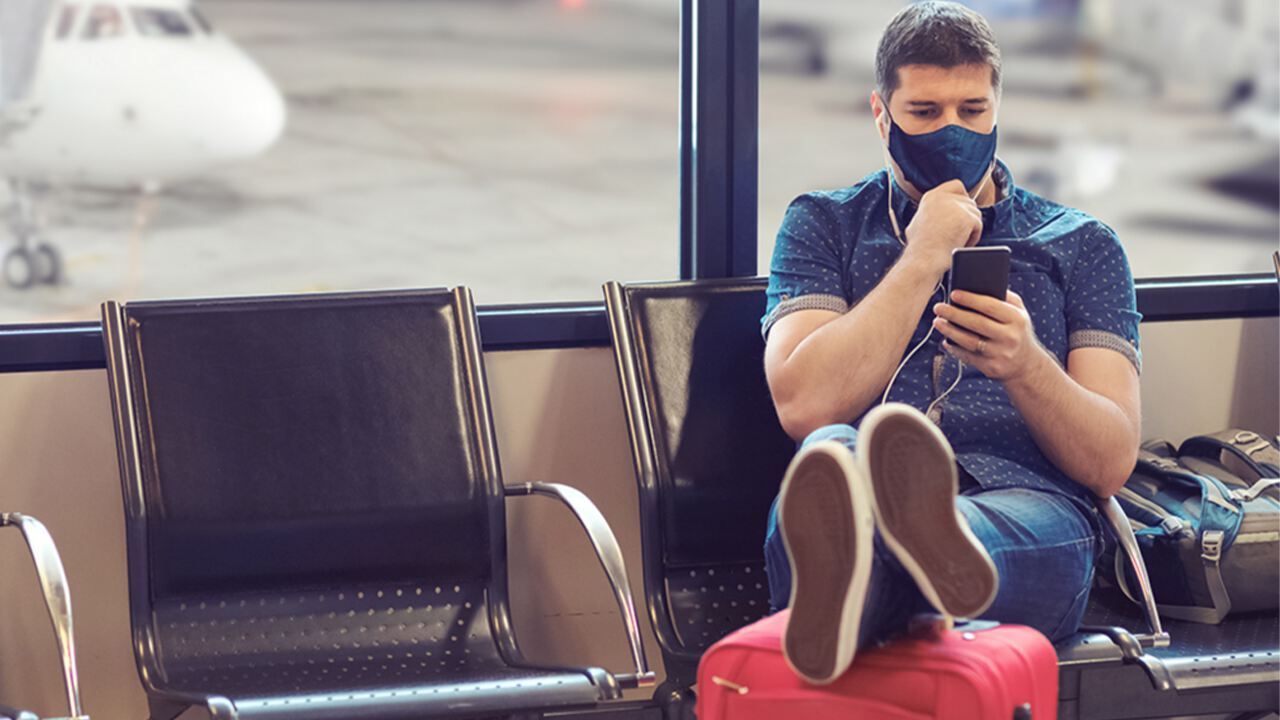Travel insurance is an insurance type that covers you for unexpected events that may occur during your trip, such as cancellations, medical expenses, lost luggage, and more. It provides a safety net for unexpected events that could disrupt travel plans or result in extra expenses.
Typically, travel insurance policies cover a wide range of situations, depending on the type of plan and the insurance provider. However, in this guide, I’ll focus more on the trip cancellation side, what it covers and what not, and more. Be with me to learn more about the topic!

What Is Trip Cancellation Insurance Policy?
Trip cancellation coverage reimburses prepaid, non-refundable expenses if you cannot go on a trip because of an unexpected event.
This coverage protects you from losing money on things like flights, hotels, or tours you have already paid for but can no longer use. The unexpected events can be anything from minor issues to major problems, like if the airline cancels your flight.
However, the specific coverage and limits may vary depending on the type of travel insurance plan you choose and the insurance company. The policy typically covers expenses up to your trip’s scheduled departure date and time.
So, if something unexpected happens and you must cancel before your trip starts, this insurance can help you recover the costs you would otherwise lose.

What Does Trip Cancellation Insurance Cover?
Although the specific rules and coverage limits for trip cancellation may differ depending on the type of policy and the insurance company you choose, the following are some common examples of situations typically covered.
- Serious Injury or Medical Condition – If you or your travel companion suffer a severe injury or experience a sudden medical condition that makes it unsafe for you to travel, as confirmed by a licensed physician.
- Death – In the unfortunate event of your own death, the death of your travelling companion, or the death of a family member who is not travelling with you.
- Strikes or Severe Weather – If strikes or severe weather conditions disrupt travel services and prevent you from going on your trip.
- Natural Disasters – If there are unforeseen natural disasters either at your home location or your travel destination, rendering the places uninhabitable or unsafe.
Always remember that some trip cancellation insurance policies may include extra benefits, such as trip delay and interruption coverage.
Trip delay coverage can cover expenses like meals, accommodations, and transportation if your trip is unexpectedly delayed. Trip interruption coverage can aid in covering costs if your trip gets cut short due to a covered problem.

What If the Airline Cancels the Flight?
You can be sure that you’re protected if your flight gets cancelled by the airline for any reason. The reasons for cancellation can vary and might include things like a pandemic, emergency evacuation, or if the airline decides not to allow more passengers on the flight. In such cases, you should be covered by your trip cancellation insurance.
When Does Trip Cancellation Not Cover?
Trip cancellation insurance may have certain exclusions, which means there are situations where the insurance coverage won’t apply. The following are some circumstances that are typically not covered.
Pre-existing Conditions
If you had a medical condition or other issues before getting the insurance that led to the need for trip cancellation, you wouldn’t be reimbursed.
For example, suppose your doctor advised against air travel due to a recent surgery, and you booked a flight anyway and later had to cancel. In that case, the insurance won’t cover it because you were already aware of the risk.
Known Situations at Destination
If you were aware of a situation at your travel destination that could lead to trip cancellation (e.g., natural disaster, political unrest), but you still chose to book a flight and later cancelled it because of that reason, the insurance won’t reimburse you.
Delayed Notification
If you experience a reason for cancellation, it’s essential to inform your travel agency and insurer immediately. If you delay in notifying them, the reason for cancellation may no longer be considered valid, and you won’t be reimbursed.
Common Carrier Issues
Situations like announced strikes or organised disruptions by common carriers that affect all travellers from the same region, won’t be covered.
Government Regulations
Cancellations due to government regulations or prohibitions are not covered.
Financial Fluctuations
Changes in the financial situation of the insured, travel partner, or insurer won’t be covered as a reason for trip cancellation.

What Factors Affect Trip Cancellation Insurance Costs?
The cost of trip cancellation insurance can be influenced by several factors:
Age of Travelers
Generally, the older you are, the higher the insurance cost. Older travellers are considered riskier because they may have more health issues and are more likely to make a claim.
Plan Selection
The type of insurance plan you choose affects the cost. Basic policies with fewer coverage options are cheaper. For instance, basic plans may have lower limits for trip cancellations and medical emergencies.
TIP: You should pick a plan that includes only the benefits you need to avoid paying for coverage you won’t use.
Number of Travelers
Insuring more people increases the premium. If you have multiple travellers on the policy, the cost will be higher than insuring just one person.
Trip Length
The duration of your trip plays a role in the insurance cost. Longer trips may result in higher premiums.





